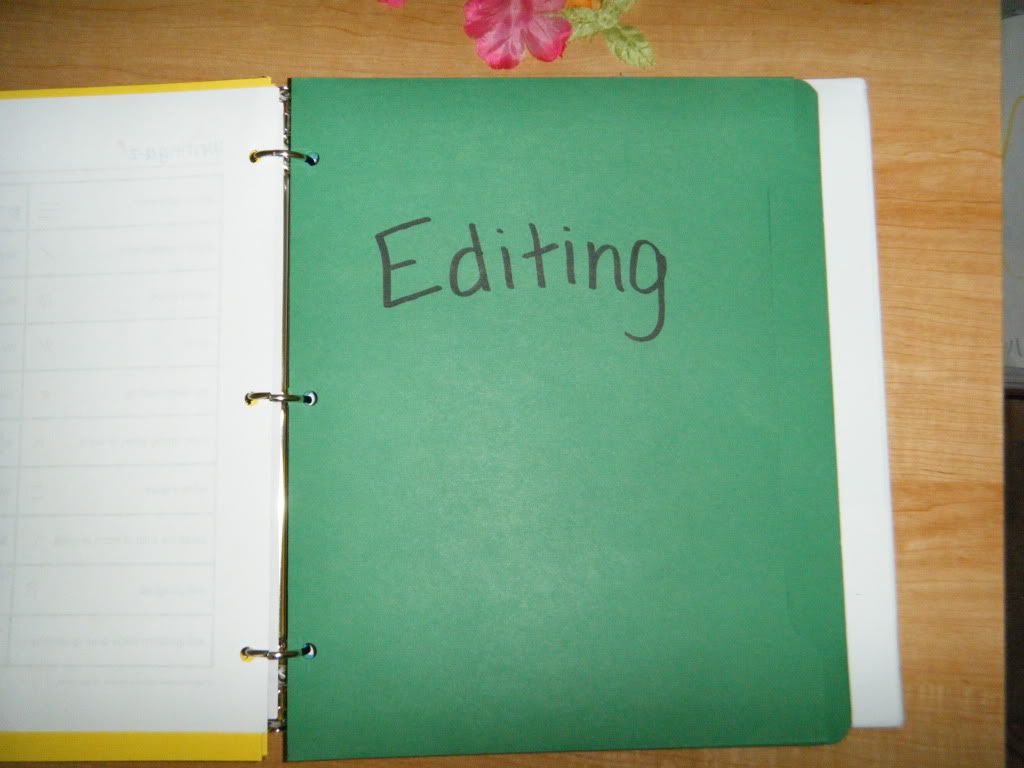
Following on from last post, and not unrelated to the whole issue of Writers' Groups, is the role Ego plays in the life of the writer.
Now, I expect you're thinking I'm going to say something like this:
Ego = bad, wicked writer - get ye to the submission pile for ever and ever!
No ego = good, nice writer - have a publishing contract!
Because that's what you see on a lot of blogs about this subject. But I don't think it's as simple as that.
What is Ego, anyway, if not a sense of self. Without it, we'd all behave like sheep, bending to the will of every editor or agent without the guts to stand up for ourselves, our work or the vision that inspired us in the first place. You can't afford to cave to every whiff of criticism or your work will suffer. And to add steel to our resolve we need our egos to big us up in our own estimation.
Ego is the only thing that can pull us out of those deep dark holes of despair the submissions process casts us into. It's the thing that makes us grit our teeth, muttering oaths and swearing revenge on the b******s who binned our precious stories. It's the thing that keeps us going through seemingly endless rewrites, too proud to admit defeat, too stubborn to admit all our critics might be right and we
are hopeless.
So don't knock ego. In its place, it's your best friend and most reliable ally in this business.
However, it can run amok and I've seen this happen a lot on writers' boards. Somewhere down the line some writers begin to get addicted to the ego boost of showing off to their peers and lesser mortals. Perhaps they get worn out by the endless rejections; perhaps they haven't the guts to even send anything out. After all, their precious overblown egos couldn't take the rejection, could they? So instead these online addicts would rather lord it over a few adoring strangers, or spar with perceived inferiors at their own pseudo-intellectual game of tag than do any
real writing.
YouWriteOn has for a long time been plagued by this sort of behaviour. The culprits are easy to spot. They have long running arguments with each other, communicate in private jokes and oblique references no one else can get. They set themselves up as experts and everyone else as idiots. They hijack other people's attempts at a reasonable discussion by flaming or alienating everyone with their condescending attitude. Yes, as Edie would say, they are Mega Pains In The Ass.
But however annoying they are, the person who suffers most from this behaviour is themselves. The rest of us can walk away, or switch off, but having to live with such an overbearing ego which won't allow them to fail is a terrible cross to bear. Because without failing, they can never get better.




